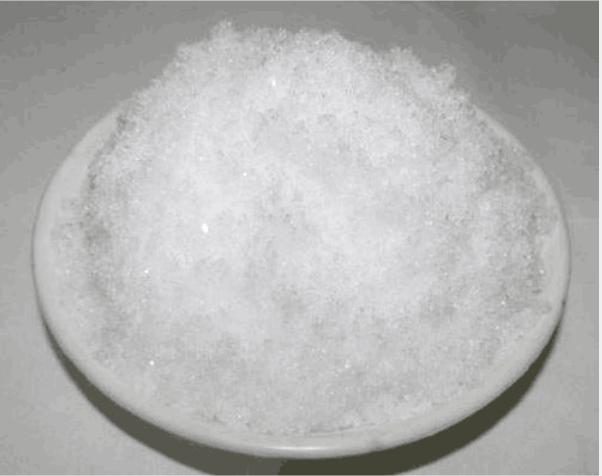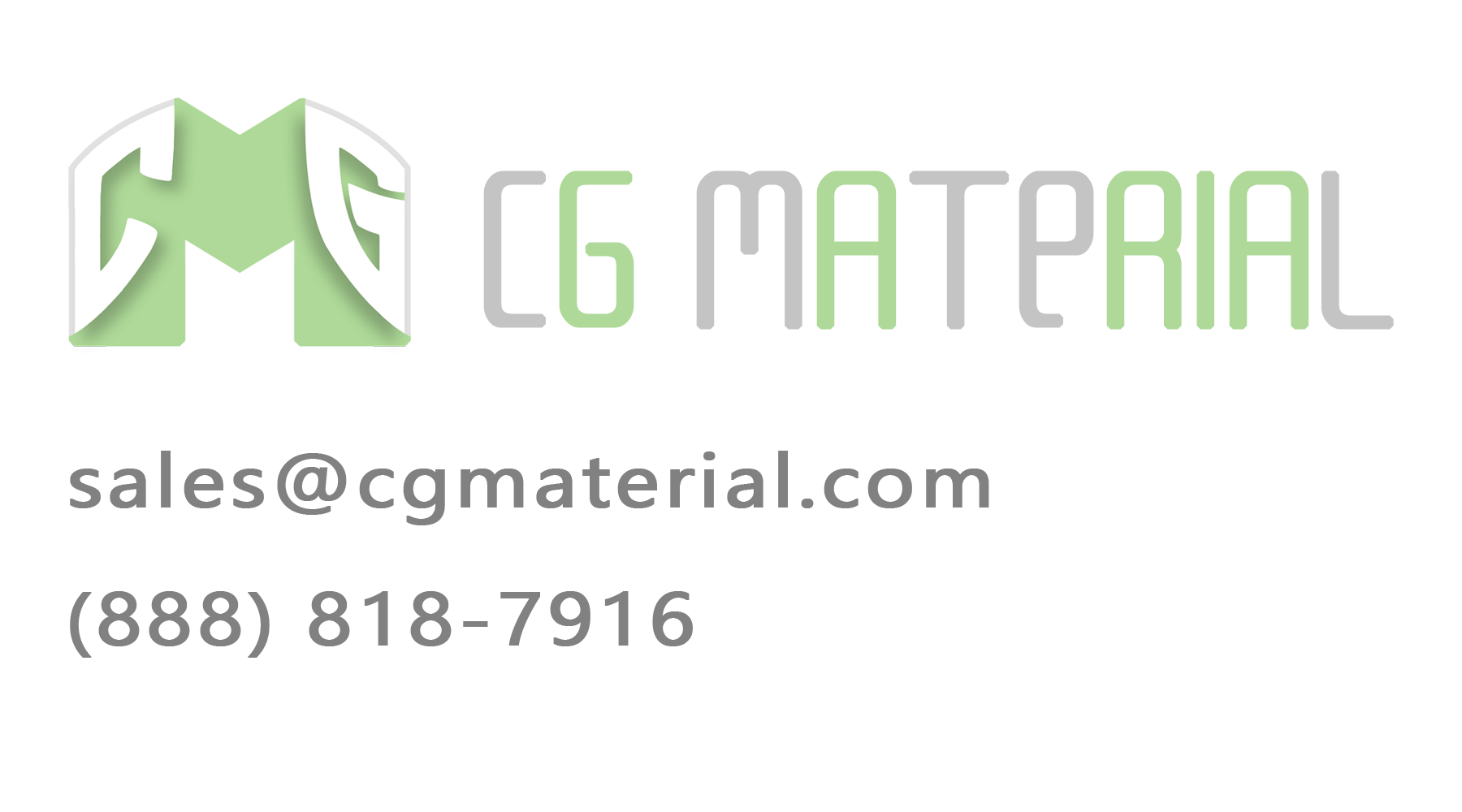CG MATERIAL
Lithium Fluoride Powder (LiF), CAS No. 7789-24-4
Lithium Fluoride Powder (LiF), CAS No. 7789-24-4
Lithium Fluoride (LiF) is an inorganic compound that is commonly found as a white crystalline powder. It is widely used in various fields, such as optics, metallurgy, and nuclear technology, due to its unique physical and chemical properties.
Specification Sheet
| Chemical Formula | LiF |
| CAS | 7789-24-4 |
| Purity | 99.90% |
| Particle Size | 200 mesh |
| Appearance | White powder |
Properties:
- Chemical Formula: LiF
- Appearance: White crystalline powder
- Melting Point: 845°C
- Boiling Point: 1,676°C
- Density: 2.64 g/cm³
- Solubility: Slightly soluble in water; insoluble in organic solvents
- Refractive Index: 1.39 (in the visible range)
- Thermal Conductivity: High, making it suitable for heat-resistant applications
Applications:
-
Optical Materials:
- Lithium Fluoride has excellent transparency in the ultraviolet (UV) and infrared (IR) regions. It is used to manufacture lenses, windows, and prisms in spectrometers, telescopes, and other optical instruments. LiF transmits light in wavelengths ranging from UV (down to about 110 nm) to IR (about 6 µm).
-
Nuclear Technology:
- Due to its low atomic number, LiF is used as a coolant in nuclear reactors, particularly in molten salt reactors (MSRs). It forms part of the molten salt mixture (such as LiF-BeF₂) used for nuclear fuel processing and heat transfer.
- LiF is also used in radiation detectors and scintillators for detecting ionizing radiation, such as X-rays and gamma rays.
-
Metallurgy:
- LiF serves as a flux in the smelting and refining of metals. It helps in reducing the melting point of various metals, thereby enhancing the efficiency of the smelting process.
- It is also used in the production of aluminum, where it acts as a flux in the electrolytic reduction of alumina in the Hall-Héroult process.
-
Batteries:
- While not a primary component, LiF is sometimes used in the lithium-ion battery industry as an additive to improve the stability of electrolyte formulations.
-
Ceramics and Glass:
- Lithium Fluoride is also used in the glass and ceramics industries to improve the thermal and mechanical properties of these materials. It enhances the chemical durability and optical clarity of glass.
Handling and Safety:
- Toxicity: Lithium Fluoride is considered mildly toxic if ingested or inhaled in large amounts. Long-term exposure may cause irritation to the respiratory system.
- PPE: When handling LiF powder, personal protective equipment (PPE) such as gloves, masks, and goggles should be used to avoid skin contact, inhalation, or accidental ingestion.


